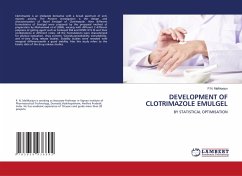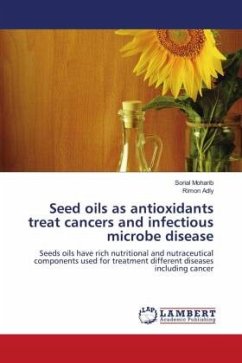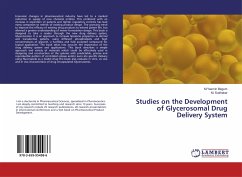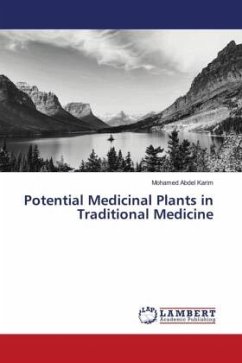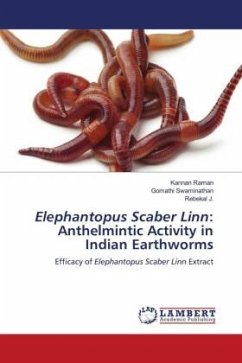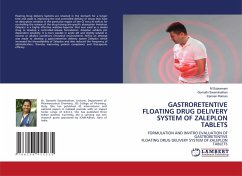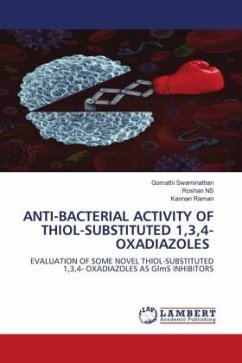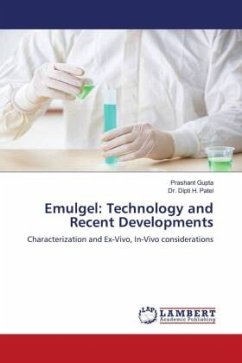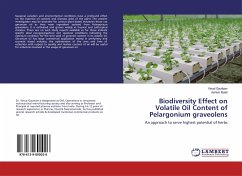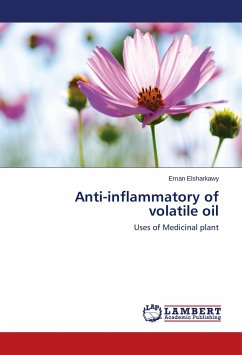
Development and Assessment of an Emulgel with Melissa Officinalis Oil
Evaluating In-Vitro Antimicrobial Activity of an Emulgel Formulation
Versandkostenfrei!
Versandfertig in 6-10 Tagen
29,99 €
inkl. MwSt.

PAYBACK Punkte
15 °P sammeln!
Lemon balm (Melissa officinalis) is an aromatic herb from the mint family (Lamiaceae), known for its lemon-scented leaves. Essential oils derived from lemon balm contain plant compounds called terpenes, which contribute to the herb's relaxing and antimicrobial effects. Lemon balm also contains tannins, which may be responsible for many of its antimicrobial properties. Pre-formulation studies on lemon balm oil revealed that it is a pale-yellow volatile liquid with a lemon-like odor. Preliminary phytochemical screening has identified the presence of phenols, flavonoids, aldehydes, and volatile o...
Lemon balm (Melissa officinalis) is an aromatic herb from the mint family (Lamiaceae), known for its lemon-scented leaves. Essential oils derived from lemon balm contain plant compounds called terpenes, which contribute to the herb's relaxing and antimicrobial effects. Lemon balm also contains tannins, which may be responsible for many of its antimicrobial properties. Pre-formulation studies on lemon balm oil revealed that it is a pale-yellow volatile liquid with a lemon-like odor. Preliminary phytochemical screening has identified the presence of phenols, flavonoids, aldehydes, and volatile oils. An emulgel was prepared by incorporating an oil-in-water (O/W) emulsion into a gelling agent. The prepared emulgel was evaluated based on various parameters, including physical appearance, homogeneity, grittiness, and in-vitro antimicrobial activity. Based on the results, a Melissa officinalis oil emulgel was formulated. The prepared formulations exhibited prolonged release, which can reduce the frequency of administration. Additionally, the emulgel demonstrated antimicrobial activity.





